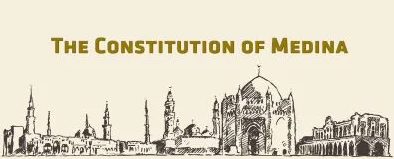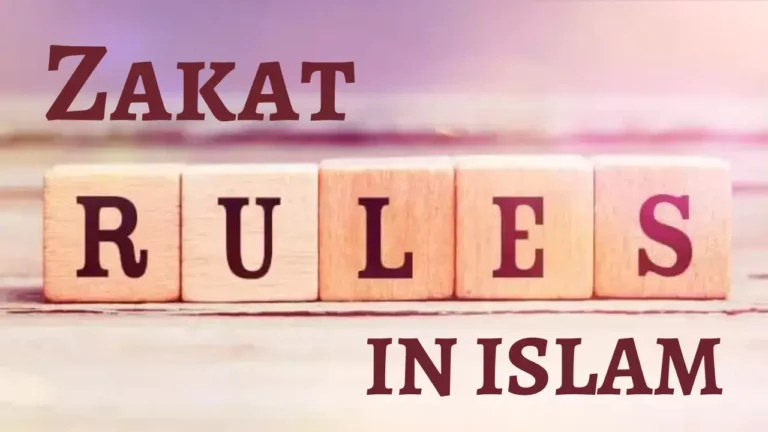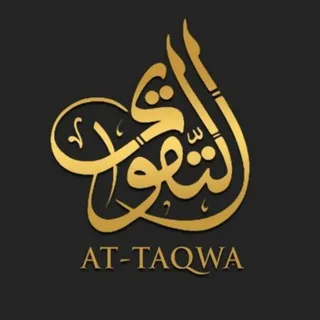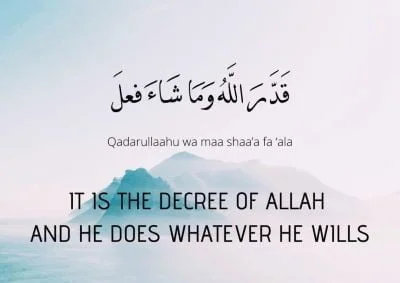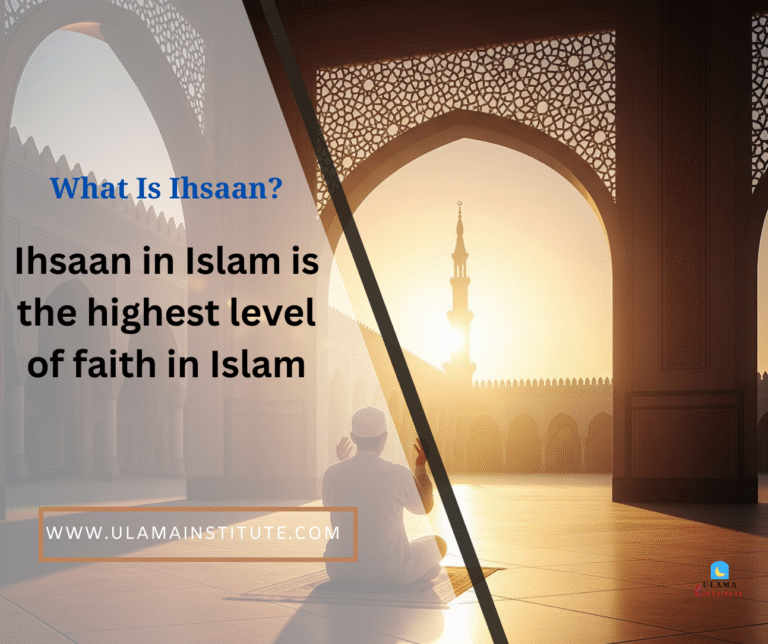The Constitution of Madeenah. A Historic Model of Peace and Tolerance
The Constitution of Madeenah. A Historic Model of Peace and Tolerance
What was the ‘Constitution of Madeenah’?
Why was the constitution so important?
The Constitution of Madeenah – A Historic Model of Peace and Tolerance
The Constitution of Madeenah was one of the most remarkable achievements of the Prophet Muhammad ﷺ. At the time of the Hijrah, Madeenah was home to three main communities — the Muslims, the Jews, and those who worshipped idols. The Prophet ﷺ sought to eliminate all forms of conflict that had burdened the Muslims in Makkah. To achieve peace, he established a groundbreaking agreement known as the Constitution of Madeenah — a foundational document that shaped the first Islamic state and promoted coexistence among diverse groups.
Background: Communities of Madeenah at the Time of Hijrah
When the Prophet ﷺ migrated to Madeenah, the city was shared by three groups:
- Muslims
- Jews
- Idol worshippers
The Prophet ﷺ aimed to prevent fighting and foster unity among them. Hence, he initiated a written agreement that protected the rights of all residents, creating a framework of peace and cooperation.
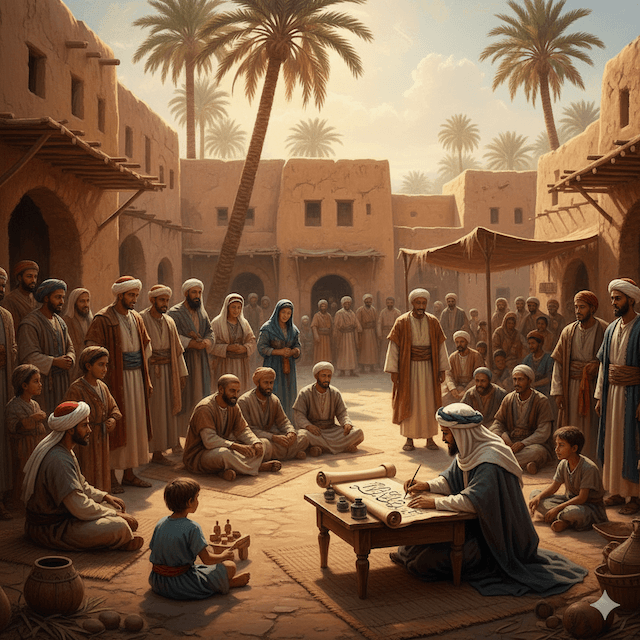
The Purpose of the Constitution of Madeenah
The Prophet ﷺ wanted to:
- Establish peace and prevent internal strife
- Protect Muslims and non-Muslims alike
- Eliminate racism and pre-Islamic tribal traditions
- Promote justice and unity among all inhabitants
This constitution became the foundation for the first Muslim community state based on equality, security, and shared responsibility.
Main Points of the Constitution
The following key clauses were included in the Constitution of Madeenah:
- All three communities must unite against any criminal, rebel, or hostile army.
- No Muslim can kill another Muslim to aid a non-Muslim, nor can a Muslim assist a non-Muslim against another Muslim.
- It is not lawful for a believer to protect or help a criminal.
- Jews who embrace Islam will be treated as equal to other Muslims.
- Anyone who kills a believer intentionally will face just retribution unless forgiven by the victim’s family.
- The constitution does not protect the unjust or the sinner.
- Allah ﷻ and His Messenger ﷺ will settle all disputes between any of the communities.
The Importance and Impact of the Constitution
The Constitution of Madeenah was unique because all three communities agreed to and signed it. This unified framework established:
- Rules to prevent disagreements
- Systems for mutual assistance
- Protection for all citizens of Madeenah
It officially recognized the Prophet ﷺ as the leader of all three communities, giving legitimacy to Muslim leadership and establishing the foundations of the first Islamic state.
Expanding the Agreement Beyond Madeenah
The Prophet ﷺ also included tribes outside Madeenah in the constitution. By signing agreements with nearby tribes, he created a protective buffer zone that enhanced the security of the Muslim community against hostile forces.
Once the constitution was understood, the Prophet ﷺ began his mission of da’wah among non-Muslims. Many accepted Islam and became equal members of the Muslim community, sharing the same rights and duties. Non-Muslims who did not convert still lived peacefully and safely, proving the fairness and success of this divine constitution.
Tolerance in Islam: A Key Lesson from the Constitution
The Prophet ﷺ as a Model of Justice and Tolerance
One of the greatest lessons from the Constitution of Madeenah is the tolerance of Islam. The Prophet ﷺ allowed people of different faiths to live peacefully together. He ensured that no Muslim could harm a non-Muslim and vice versa. Justice was upheld for everyone, regardless of religion.
The Prophet ﷺ also allowed the Jews to continue their religious practices without interference. Some Jews chose to embrace Islam, while others remained within their faith. Both communities had their own systems of finance and governance, coexisting peacefully under Islamic leadership.
Security and Coexistence for Non-Muslims
Non-Muslims were given full protection and the right to live safely without fear of being attacked or discriminated against. They enjoyed complete security, religious freedom, and social justice—all within the Muslim state established by the Prophet ﷺ.
Lessons Learned from the Constitution of Madeenah
- The Constitution was a major achievement of the Prophet ﷺ after Hijrah.
- All three communities—Muslims, Jews, and idol worshippers—signed the agreement.
- The Constitution promoted tolerance, unity, and peace.
- It established the first example of coexistence between multiple religious groups.
- It showed Islam’s commitment to justice and protection of all people.
What We Learn Today
The Constitution of Madeenah remains a timeless example of Islamic governance based on justice, tolerance, and human rights. It is a guiding framework for peaceful coexistence in diverse societies even toda

